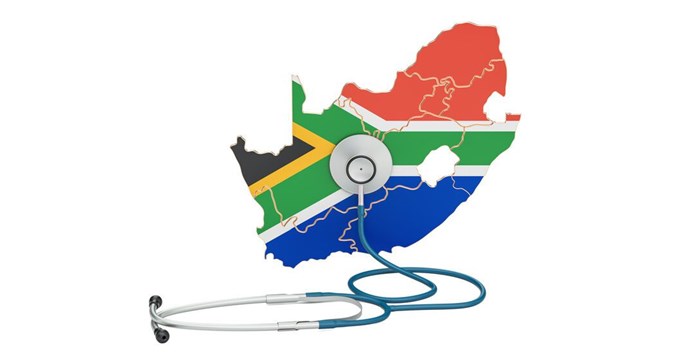The establishment of the National Health Insurance (NHI) Bill of 2019 framework is an opportunity to put in place the reforms necessary for integrating medical schemes into the NHI rather than limiting their role, as this will adversely affect access and cost of cover says the Health Funders Association (HFA).
This follows the HFA’s presentation on the NHI to the Parliamentary Portfolio Committee on Health.
The industry body, which represents 50% of total medical scheme principal members, has pledged its support for Universal Health Coverage (UHC) for all South Africans.
It has undertaken contribute constructively to the health system, and committed to strengthen and build a sustainable and integrated health system for the country in.
UHC urgent
The body emphasises the urgency of achieving UHC, given the country’s level of economic development, poor health outcomes relative to economic peers, and its complex and shifting burden of disease.
Lerato Mosiah, CEO of HFA, says that, considering the already fiscally constrained environment and the global recession brought about by the Covid-19 pandemic, an incremental approach to achieving sustainable UHC provides a more manageable increase in expenditure over time, while balancing other national priorities.
Mosiah adds that rather than implement NHI as a single payer system as proposed in the Bill, consideration should be given to utilising elements of the existing health system to provide access to quality healthcare for all South Africans.
“This approach is followed by many health systems globally where established private health systems already exist,” she says.
“Restricting the role that medical schemes can play will place a greater burden on the public sector and mean a much narrower range of services than is currently provided by medical schemes.
“Curtailing the ability of medical schemes to pay for services creates significant uncertainty amongst service providers and may discourage them from practising in South Africa,” says Mosiah.
Multi-payer system suggested
The Association suggests that a single-payer system with monopsony buying power will not result in lower prices and may threaten the equilibrium of demand and supply of services.
“A single-payer system disincentivises research and development which often requires significant financial investment, and discourages investment and innovation in healthcare provision,” says Mosiah.
HFA suggests that a multi-payer system in which virtual risk pools are established by a risk adjustment mechanism would be preferable as it would avoid the pitfalls of a single-payer system.
“We believe that medical schemes have the necessary expertise and infrastructure to participate in achieving sustainable UHC in South Africa and urge government to make provision for this in UHC legislation,” concludes Mosiah.































